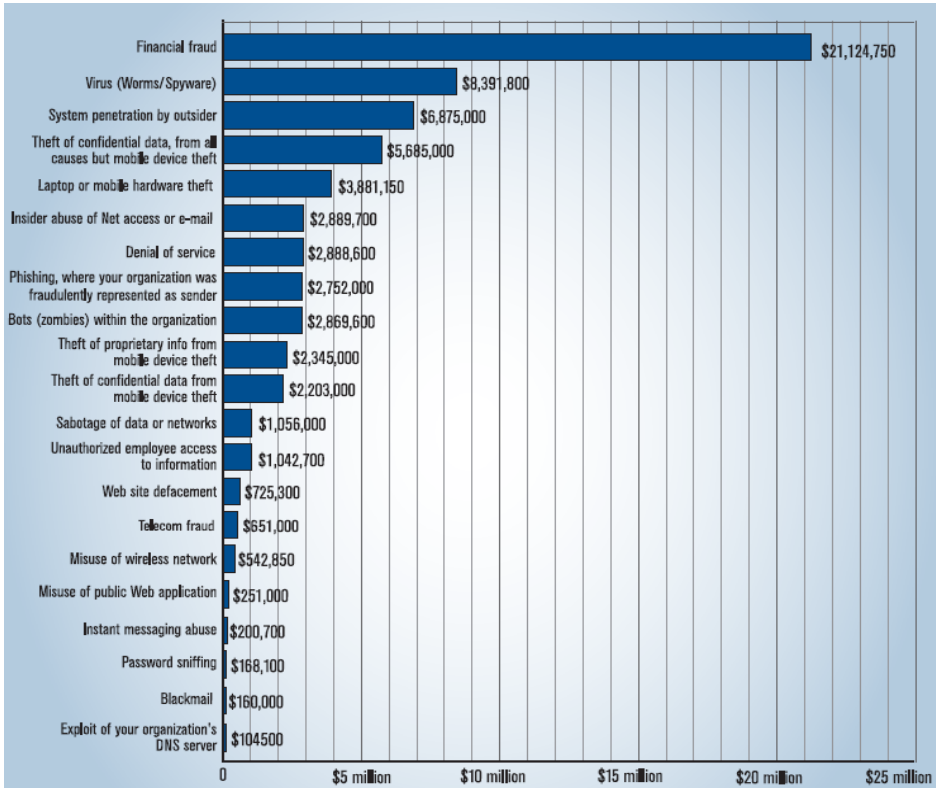Global Impact of DDoS Attack

Introduction
A cyber attack, it’s like blocking an internet server or website with lots of data generated from infected computers. This leads to the slow down or shut of the website or internet server making it difficult for the genuine user to use the services of the particular server or website. This can be performed using many ways, but the idea remains the same i.e. to overload the website with too much traffic.
How do DDoS Attacks work?
The Major Factors That Contribute to The Widespread And Ease of Distributed Denial of Service (DDoS) Attacks
Some of the reasons for the widespread DDoS attacks are listed below which posing significant challenges for defenders in preventing and mitigating these attacks.
- Availability of tools: Access to the tools that are used in attack are commonly available so anyways can learn them and use them for any purpose. These tools help in generating harmful traffic and doing DDoS attacks.
- Global Internet Security Interdependence: This makes it difficult to prevent and deal with the DDoS attack as the DDoS attack depends on the security of the internet rather than the victim’s security.
- Limited Internet Resources: every Internet host has limited resources for a certain amount of customers which gives the advantage to the attackers. They overwhelm the server by sending large amounts of requests which eventually slow down the server.
- Coordinated Attack Communities: Teamwork always has some edge, the same is as here. Attackers have organized teams that potentially work together. This makes it difficult to identify or trace the attackers.
- Distributed Traffic and Botnets: Attackers use distributed traffic to create botnets and flood packets targetting victims, which makes it difficult to identify the attackers and difficult to detect.
- Simple Tools and Logic: Some of the tools are easy to use they have simple logic structures and small memory requirements making them easy to implement and use for attackers. These tools are easily available.
The Financial Impacts of DDoS Attacks on Online Organizations
DDoS attacks can be harmful to online businesses not only financially but also for immediate losses like relationships with customers, long-term damages, and cumulative losses in billions. According to the study of Impact Analysis of Recent DDoS Attacks cost millions research paper these DDoS attacks cost millions each year. During DDoS attacks systems and servers go down for a period resulting in lost revenues and requires a huge amount of efforts to fix it. Depending on the type of business, hourly losses during an attack can range from $100,000 to tens of millions. For big e-commerce companies, a 24-hour outage could mean a cost of around $30 million.
A survey in 2007 found that DDoS attacks caused almost $2,888,600 in financial losses. To combat these financial hits, online organizations need strong defense mechanisms.

Security Holes That Create Opportunities For Distributed Denial-of-Service (DDoS) Attacks
- Global Internet Insecurity: DDoS attacks depend on the overall security of the internet, not just the victim's security. This makes it possible for attackers to take advantage of vulnerabilities in the broader internet security.
- Limited Internet Resources: Each internet host has only so much capacity. Attackers exploit this limit, overwhelming resources with DDoS attacks.
- Anonymous Attacks: Tools like IP spoofing let attackers hide their true identity, making it hard to figure out who's behind the attack. This lack of accountability gives attackers the confidence to launch DDoS attacks without worrying about being traced.
- Complex Internet Structure: The way the Internet is managed across various locations and its complex policies make it tough to have a single, effective global security system. This complexity creates opportunities for attackers to exploit weaknesses.
- Simplicity in Core, Complexity at Edges: The internet is designed with a simple core and complexity at the edges. This design flaw means that core routers don't always check for authentication. This lack of checks makes it easier for attackers to use methods like IP spoofing, a common technique in DDoS attacks.
DDoS Attacks on Prominent Websites and Organizations
Recent DDoS attacks on big websites and organizations, like Twitter, Facebook, Google, Yahoo, eBay, and Amazon, have been a big deal. The research paper talks about these attacks causing major financial losses, ranging from hundreds of thousands to millions of dollars per hour when services are down. For giant online shops, a day without service could mean a cost of around $30 million.
These attacks don't just hit the pocket – they damage the reputation and relationships these companies have with customers, leading to overall losses in the billions. Some of these attacks have caused websites to be down for several days, affecting millions of users. One estimate says that a series of DDoS attacks in 2000 caused a total loss of around $1.7 billion.
All of this emphasizes how crucial it is for these big websites and organizations to have strong defense systems against DDoS attacks.
Conclusion
The global impact of Distributed Denial-of-Service (DDoS) attacks is a critical and pressing issue for online organizations. These attacks, which involve overwhelming servers with excessive traffic, have far-reaching consequences. DDoS attacks cause extended disruptions and financial losses, and online organizations must prioritize and invest in robust defense strategies to safeguard their systems, reputation, and financial stability. Addressing the identified security holes and adopting proactive measures is crucial in mitigating the risks posed by DDoS attacks and ensuring the resilience of online platforms in the ever-evolving landscape of cybersecurity threats.